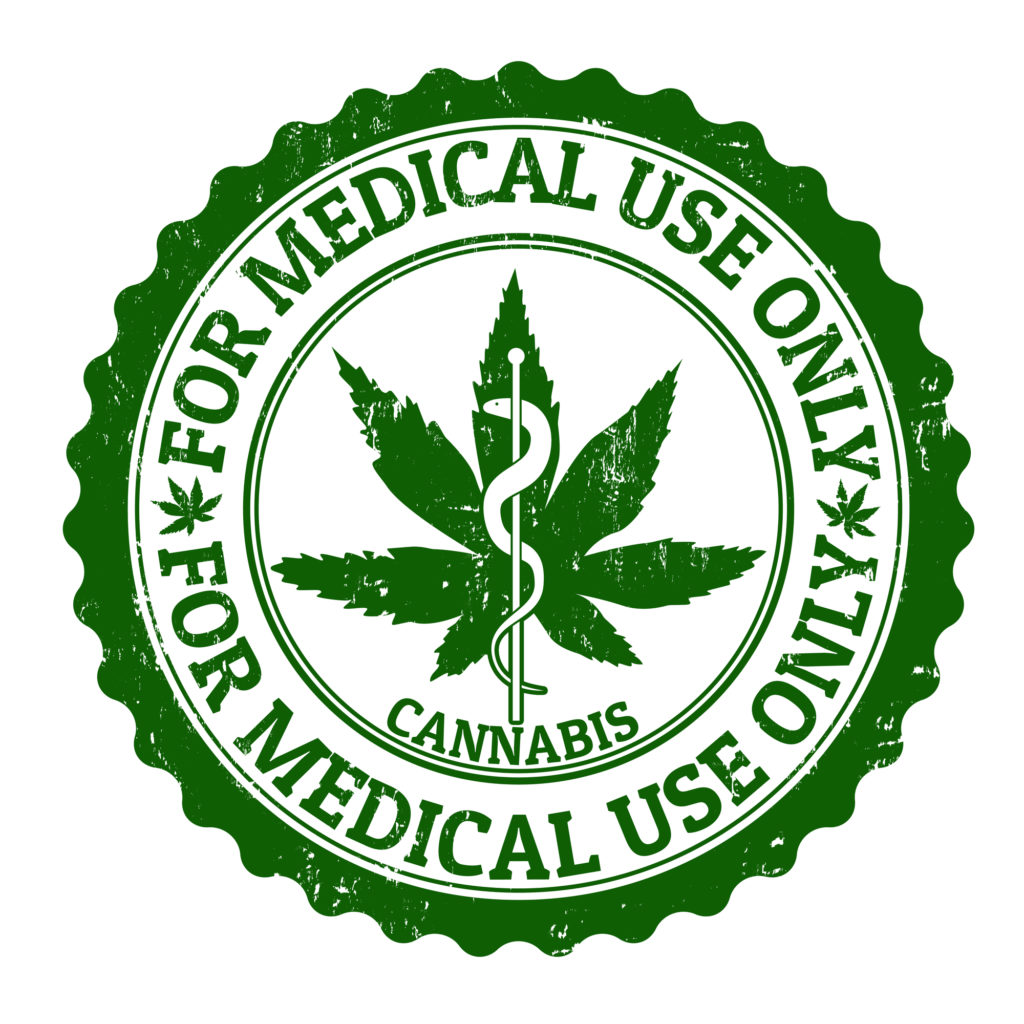I wrote a post last year entitled, “Does Medical Licensing Make Sense in Recreational Jurisdictions?” The idea – which we’ve seen borne out countless times – is that in jurisdictions that allow recreational cannabis, medical cannabis usually becomes a relic of the past. That’s because medical cannabis is subject to many more restrictions than recreational cannabis, making it much simpler for the majority of consumers to buy recreational cannabis.
Today, I want to look at some of the few situations where medical cannabis still makes sense, mostly from the consumer’s standpoint. I covered some of these in my above post, and expand on them below:
Some cities don’t allow recreational cannabis
Some places still only allow medical cannabis. There are still some municipalities in California that have not welcomed recreational cannabis sales. So businesses operating in those jurisdiction can obviously only sell medical cannabis. Consumers – at least the ones who want to buy cannabis from legal shops in their hometown – will be forced to have a doctor’s recommendation or medical marijuana identification card (MMIC).
Age limitations
There are no age limits for medical cannabis. People under 21 cannot buy recreational cannabis anywhere in the state. They or their primary caregivers may only purchase cannabis if they have a recommendation or MMIC. This is likely not a huge sliver of the state market, but for these folks, medical cannabis is the only way to go.
Moreover, someone over 21 who purchases recreational cannabis and gives it to a minor can face criminal liability. A person under 21 with a medical marijuana recommendation or MMIC who’s primary caregiver (say a parent) provides it to them may not present these same kinds of risks.
Medical customers can buy more cannabis
Recreational cannabis is subject to very strict daily purchase limits that just are way higher for medical marijuana. Here are the daily purchase limits for recreational:
- 28.5 grams of non-concentrated cannabis.
- 8 grams of cannabis concentrate as defined in Business and Professions Code section 26001, including cannabis concentrate contained in cannabis products.
- 6 immature cannabis plants.
And here are the daily limits for medical customers:
- 8 ounces of medicinal cannabis in the form of dried mature flowers or the plant conversion as provided in Health and Safety Code section 11362.77.
- 12 immature cannabis plants.
As you can see, a medical marijuana patient or their primary caregiver can acquire many times more cannabis per day than a recreational customer. This makes a lot of sense – why force a medical customer to haul themselves to a dispensary multiple times per week or month when they may be suffering from a debilitating disease?
Medical cannabis products can be a whole lot stronger
Edible and topical cannabis products are subject to tight THC limits. Edible product THC limits are 10mg THC per serving and 100mg THC per package. But, orally dissolving edible products may be able to contain up to 5x that amount per package if they are for medical use only (and properly labeled/sold as such) and have only 10mg THC per piece. Likewise, topical cannabis products can only have 1,000 mg THC per package, but that can be doubled for products that are labeled/sold for medical use.
MMIC holders pay fewer taxes
Under California law, MMIC holders can be exempt from paying sales tax (though not the state excise tax) on medical cannabis goods. This exemption only applies to MMIC holders and not just medical patients who have a doctor’s recommendation. But for medical patients who purchase large quantities of medical marijuana, the savings can add up.
Free cannabis???
Medical licensees may give or donate medical patients in certain circumstances. Again, this is just another reason why doctor’s recommendations and MMIC’s can be a huge asset in the hands of patients with limited resources.
California is dominated by recreational cannabis sales. Medical-only businesses are going to have a very hard time competing with recreational sellers in neighboring jurisdictions, let alone the illegal shops. The average customer just isn’t going to go through the hassle of getting a doctor’s recommendation or MMIC, especially if they don’t have a qualifying condition. And those recreational dispensaries often deliver into medical only cities. So the recreational businesses will win out time and time again. But for medical patients, there may can be many good reasons to get a doctor’s recommendation or MMIC.

























